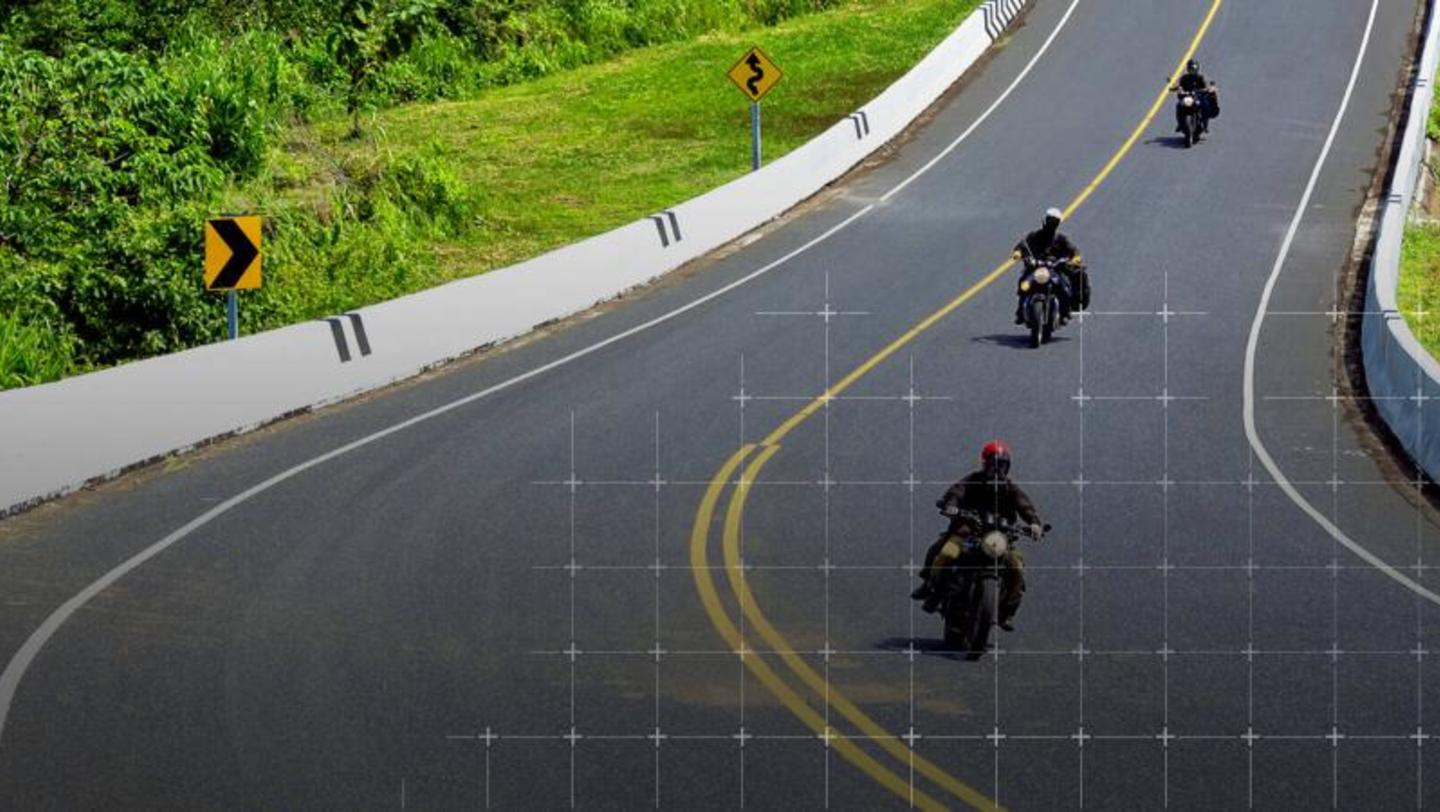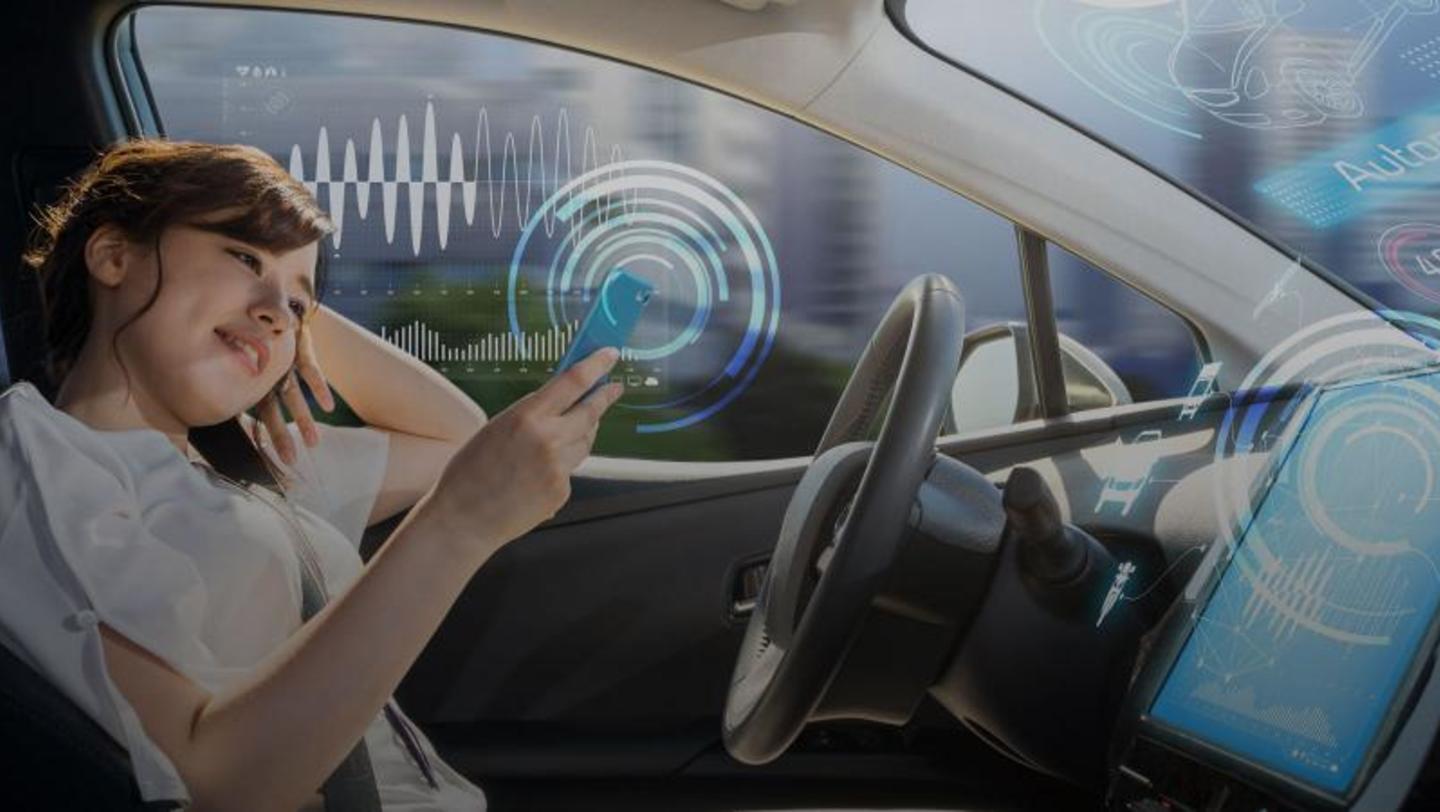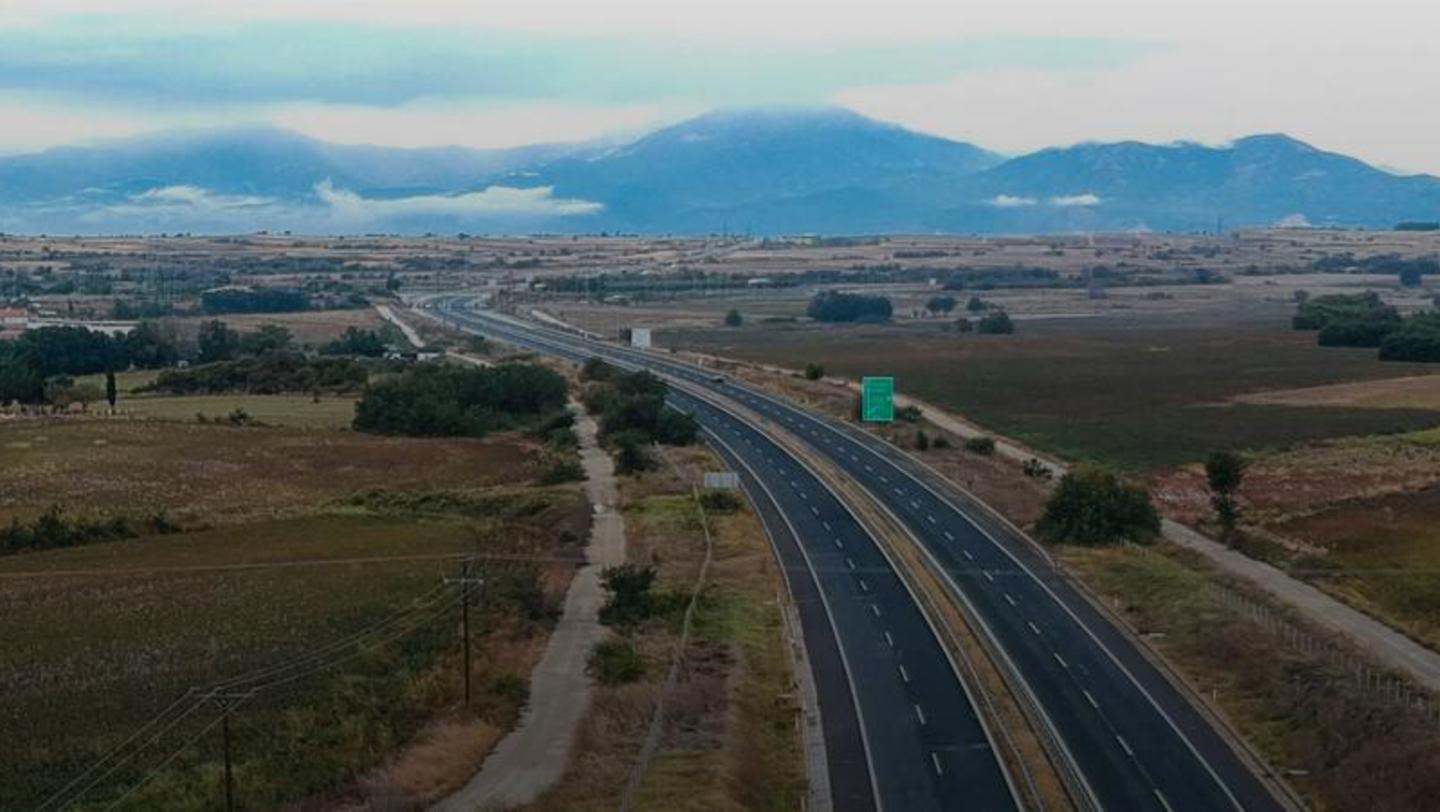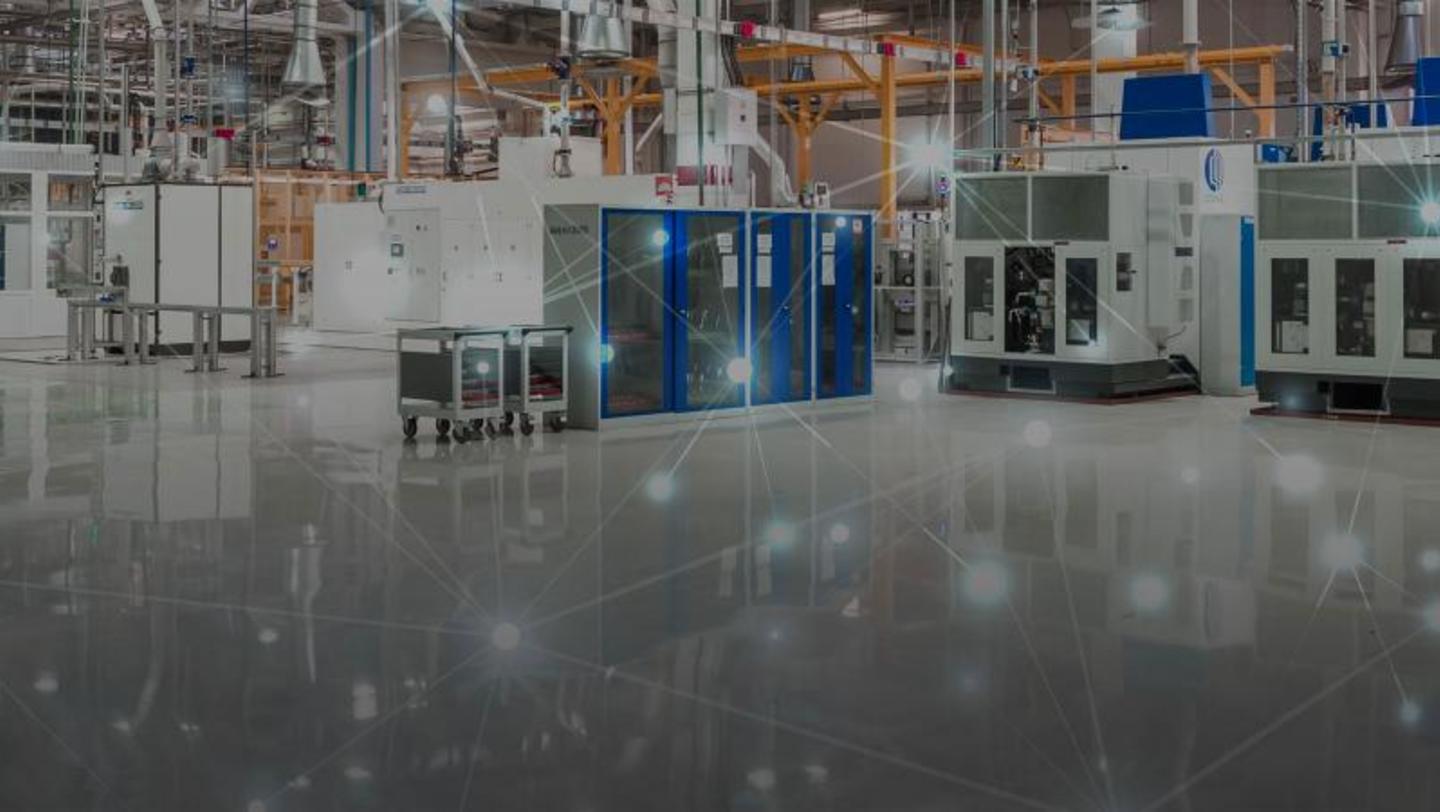The year of the Smart Highway
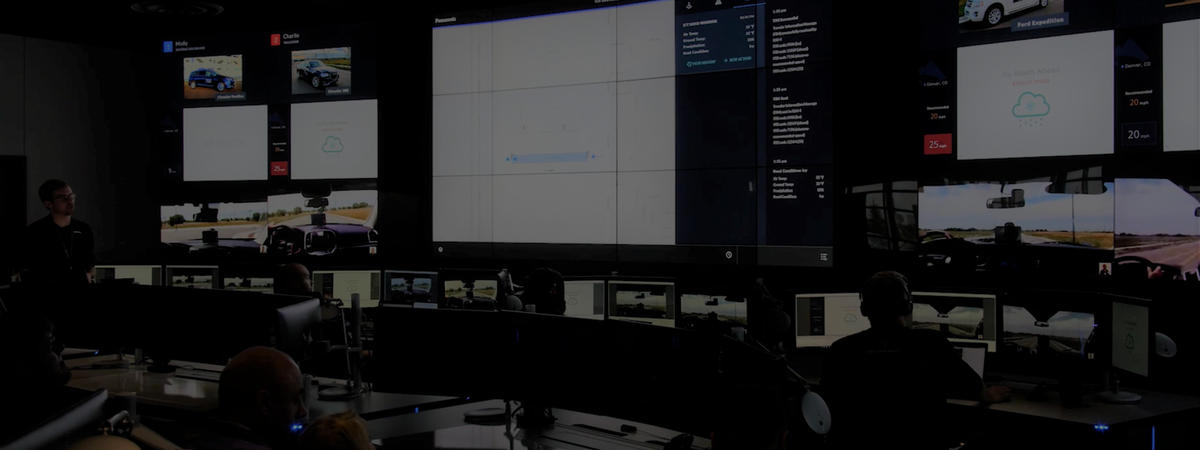
The year of the Smart Highway
5 minutesOver the past 12 months, new technology and pilot projects have generated incredible interest in smart infrastructure and autonomous vehicles. Developments range from driverless cars navigating city streets in the U.S., Japan and Europe to announcements of advanced technology that will speed developments in both autonomous vehicles and smart infrastructure.
In late November, the auto industry rolled into In Los Angeles, a city that stands for America’s car culture, for a trade show that debuted new models and brought together tech companies, automakers, investors and government officials to talk about the new mobility ecosystem.
Remaking transportation and mobility
Panasonic Corp. of North America Chairman and CEO Tom Gebhardt delivered a keynote at Automobility LA on macro technology trends remaking transportation and mobility. He talked about electrification of the powertrain. He predicted that by 2022, the price of electric vehicles is expected to be about the same as their internal combustion counterparts, creating a tipping point. Already Panasonic is a global leader in EV batteries. The company is investing to create economies of scale, helping to shape the transition to carbon-zero engines.
Mr. Gebhardt also touched on automotive connectivity, another disruptive technology remaking transportation and mobility. Carmaker revenue streams could increase by 30% with mobility services, he estimated. Those systems are expected to serve as the central, connected data hub in the near future.
Unveiling a connected vehicle ecosystem in Colorado
In Colorado, vehicle and road connectivity is at the center of efforts to improve traveler safety and reduce traffic jams. In Denver, Panasonic has created a connected vehicle ecosystem that collects travel data from cars and other sources and communicates that information to vehicles and external systems. The system comes out of a collaboration between Panasonic and the Colorado Dept. of Transportation to create the first production-grade, U.S. connected vehicle system in which real-time data would be shared across vehicles, infrastructure and people with a goal to improve safety, lower fuel consumption and reduce congestion. The promise from efforts such as those taking place in Colorado are extraordinary. IoT linked roads are expected to reduce travel times by almost half, and potentially eliminate up to 80% of crashes.
And that is why 2017 should be declared the year of the Smart Highway. The humble road, the most basic infrastructure has now become pivotal to the future of transportation. The New York Times Magazine recently devoted a whole issue to a new world of autonomous cars and how paired with smart roads they will impact almost everything from our cities to our car culture to our time: “This technology could change the way we live, with first- and second- and third-order effects that boggle the mind.” Those mind-boggling effects will shape tech discussions in 2018.
